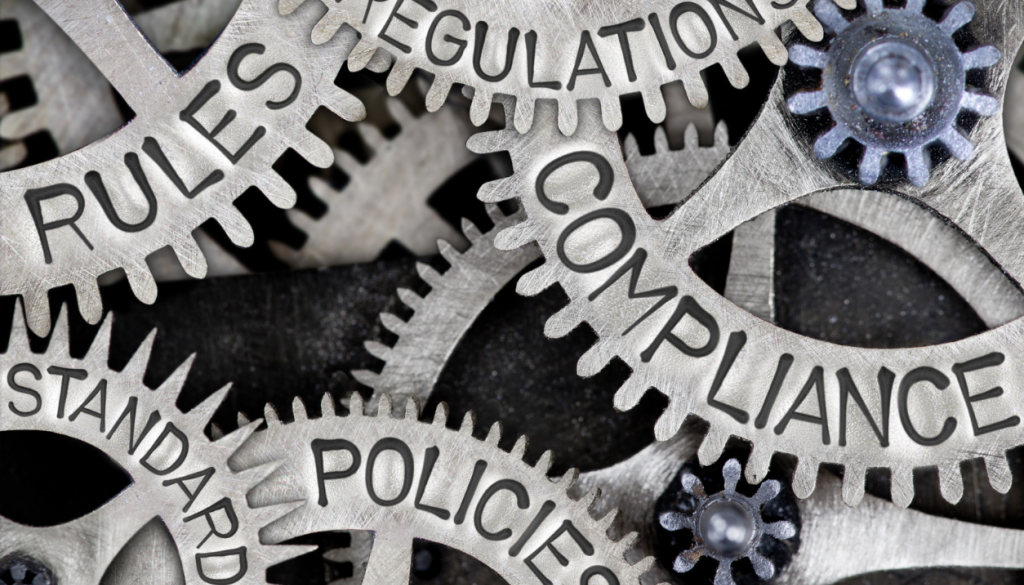Why Not Think Like a Prosecutor?
CCOs and their executive allies play an important role in creating and defending their organization’s value. No matter how abstract the impact may appear at first, their efforts can always be measured and quantified in dollar amounts. In fact, that’s how US Department of Justice (DOJ) prosecutors are trained — to convert failures in compliance into monetary fines. As you consider your annual review and resources for the coming year, here are a few excerpts from the federal prosecutors’ training guide to keep in mind.
- Funding & Resources – When determining fines, prosecutors will consider whether “there has been sufficient staffing for compliance personnel to effectively audit, document, analyze, and act on the results of the compliance efforts” and whether “there been times when requests for resources by compliance and control functions have been denied, and if so, on what grounds.”
- Behavioral Incentives – In their training, prosecutors learn that a “hallmark of effective implementation of a compliance program is the establishment of incentives for compliance and disincentives for non-compliance.” They will consider efforts to drive compliance by “providing positive incentives – personnel promotions, rewards, and bonuses for improving and developing a compliance program or demonstrating ethical leadership.”
- Improvement & Sustainability – Prosecutors also learn that another “hallmark of an effective compliance program is its capacity to improve and evolve. The actual implementation of controls in practice will necessarily reveal areas of risk and potential adjustment… Prosecutors may reward efforts to promote improvement and sustainability. In evaluating whether a particular compliance program works in practice, prosecutors should consider ‘revisions to corporate compliance programs in light of lessons learned.’”
For more information, please refer to the full DOJ guidance.




